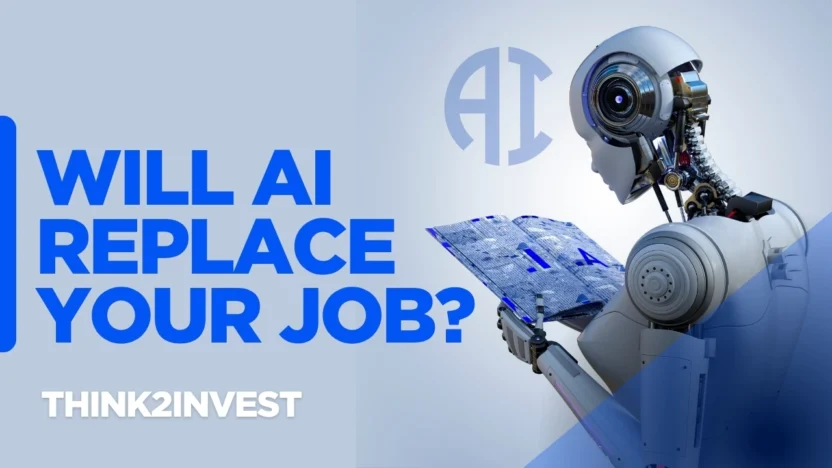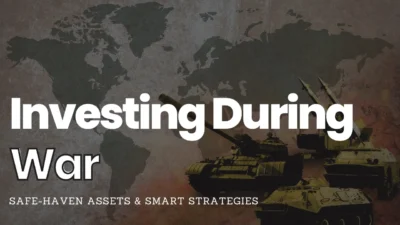Changes is a Challenge?
Hey there! Have you ever wondered how the world of work has changed over the years? It’s fascinating to see how technology has continuously reshaped the way we earn a living. From the rise of factories to the digital revolution and now the age of artificial intelligence, each wave of change has brought both challenges and opportunities.
Let’s dive into this journey and explore what it all means for us.
The Industrialization Era: When Factories Ruled the World (1980-2000)
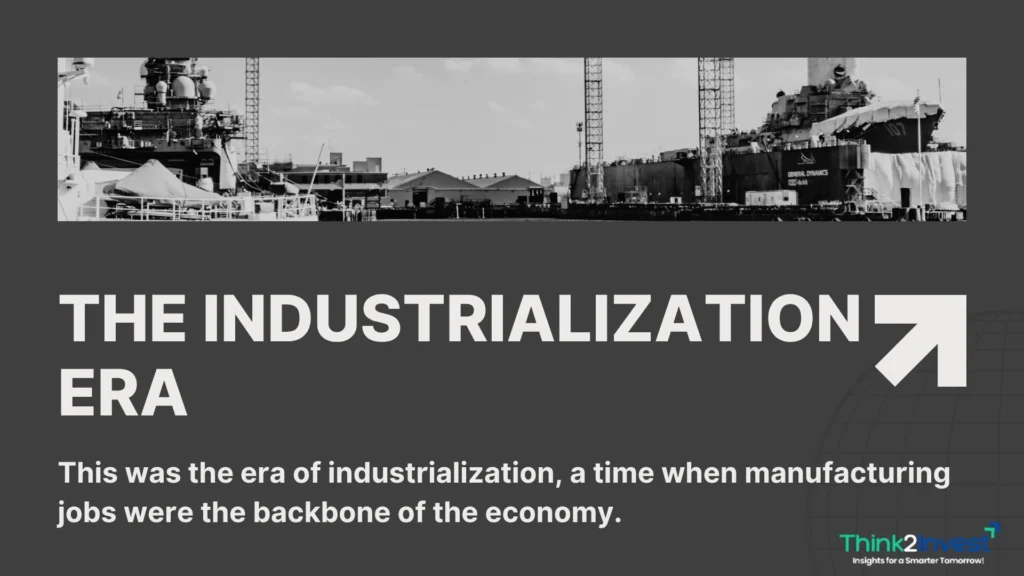
Imagine stepping into a time machine and landing in the 1980s. The air is filled with the hum of machines, and factories stretch as far as the eye can see. This was the era of industrialization, a time when manufacturing jobs were the backbone of the economy.
What Was Happening?
During this period, many countries saw a boom in factory jobs. People moved from rural areas to cities, trading in their farming tools for factory uniforms. It was a time of growth and opportunity, but it also came with its share of challenges.
The Impact on Jobs
As factories grew, so did the need for efficiency. Machines started taking over repetitive tasks, which meant that some jobs became obsolete. For example, think about a car manufacturing plant. In the past, workers would manually assemble each part of a car. But with the introduction of automation, robots began handling these tasks, leading to faster production but fewer jobs for humans.
Real-Life Example: The Story of John
Let me tell you about John, a factory worker who started his career in the 1980s. John was skilled at assembling parts on an assembly line. But as automation technologies were introduced, he found himself working alongside machines. Some of his colleagues were laid off, but John saw an opportunity. He learned how to operate and maintain these new machines, securing his position and even advancing his career.
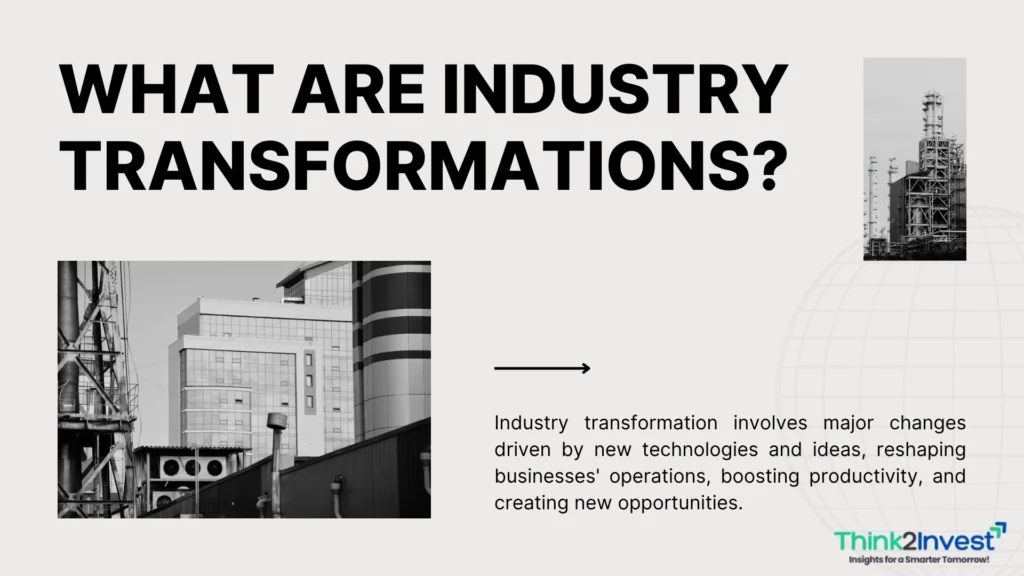
The Digital Transformation Era: The Rise of the Internet (2000-2020)
Fast forward to the year 2000, and the world is on the cusp of a digital revolution. The internet is no longer a luxury; it’s a necessity. Smartphones, social media, and digital platforms are changing the way we live and work.
What Was Happening?
The digital transformation era brought about a seismic shift in the job market. Traditional industries had to adapt to new technologies, and those that couldn’t keep up were left behind. On the flip side, new industries emerged, creating jobs that didn’t exist before.
The Impact on Jobs
The tech industry boomed, creating jobs in software development, digital marketing, and data analysis. The gig economy also emerged, offering flexible work arrangements but raising concerns about job security and benefits.
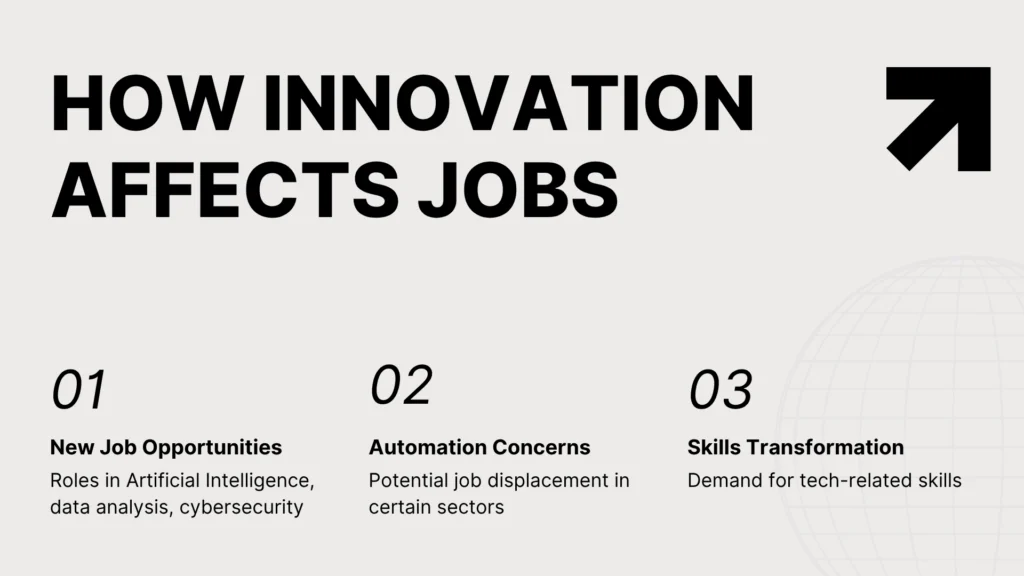
Real-Life Example: The Story of Jeenath
Meet Jeenath, a digital entrepreneur who started her online business in the early 2000s. With the rise of e-commerce platforms, Jeenath was able to reach a global audience, selling handmade crafts from her home. She used social media and digital marketing tools to grow her business, creating jobs for others in her community. However, she also faced challenges, such as competition from larger corporations and the need to constantly update her digital skills.
The AI Era: The Age of Intelligent Machines (2020 and Beyond)
Welcome to the present day, where artificial intelligence is no longer a concept from science fiction movies. AI technologies, such as machine learning, natural language processing, and robotics, are transforming industries and redefining job roles.
What Is Happening?
AI is expected to automate routine tasks across various sectors, from customer service to healthcare. While this might sound alarming, it’s important to remember that new job roles are also emerging. These roles require specialized skills and knowledge, such as AI development, ethics, and oversight.
The Impact on Jobs
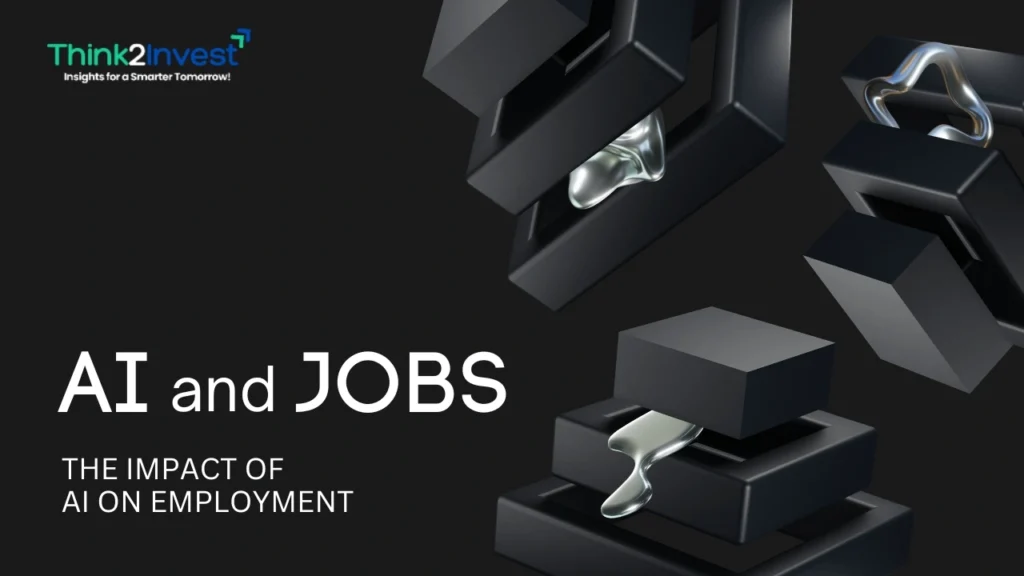
The demand for continuous learning and upskilling(learning new and enhanced skills that relate to your current role.) is increasing as workers need to adapt to rapidly changing technologies. It’s a time of uncertainty but also a time of immense opportunity for those willing to embrace change.
Real-Life Example: The Story of Alex
Enter Alex, an AI specialist working in a tech company. Alex’s job involves developing AI algorithms that can analyze large datasets to provide insights for business decisions. While AI has automated many routine tasks, Alex’s role is to ensure that these technologies are used ethically and effectively. He collaborates with teams across different departments, helping them understand and leverage AI tools. Alex’s story highlights the importance of adaptability and continuous learning in the AI era.
How Jobs Have Evolved Over Time
🔧 Industrialization Era (1980-2000)
Factories and manufacturing jobs powered the economy. Big machines and assembly lines took over repetitive manual tasks, making production faster but also causing job losses. Workers had to learn new skills to operate and maintain these machines.
Example: Car factories replaced some manual tasks with robotic arms that could weld or paint much faster than humans.
💻 Digital Transformation Era (2000-2020)
The rise of the internet and digital tools changed how we work. New jobs like software development and digital marketing popped up. At the same time, the gig economy offered flexible work options — but it also made job security uncertain.
Example: Online shopping and streaming services created new jobs in tech and digital marketing, while cutting jobs in traditional retail.
🤖 AI Era (2020 and Beyond)
Artificial intelligence is now handling routine tasks in many industries, from chatbots in customer service to AI analyzing medical scans. But new jobs are also emerging — like AI trainers, ethics specialists, and robot supervisors.
Example: AI drones scanning crops for farmers or AI programs detecting early signs of disease in hospitals.
✨ Key Takeaways
- ✅ Industrialization brought machines that replaced physical work but required new technical skills.
- ✅ The digital revolution created tech and gig jobs but disrupted traditional industries.
- ✅ The AI Era is automating routine tasks and creating roles in AI development and ethics.
- ✅ Continuous learning and adaptability are key for thriving in the future job market.
Conclusion: Embracing the Future
As we’ve seen, the world of work is constantly evolving. From the factories of the industrialization era to the digital revolution and now the age of AI, each wave of change has brought both challenges and opportunities. The key to thriving in this ever-changing landscape lies in our ability to adapt, learn, and embrace the opportunities that each era presents.
So, whether you’re a factory worker like John, a digital entrepreneur like Jeenath, or an AI specialist like Alex, remember that the future is what we make of it. Let’s embrace the waves of change and ride them to new horizons!
Keep following Think2Invest for more insights like this!


